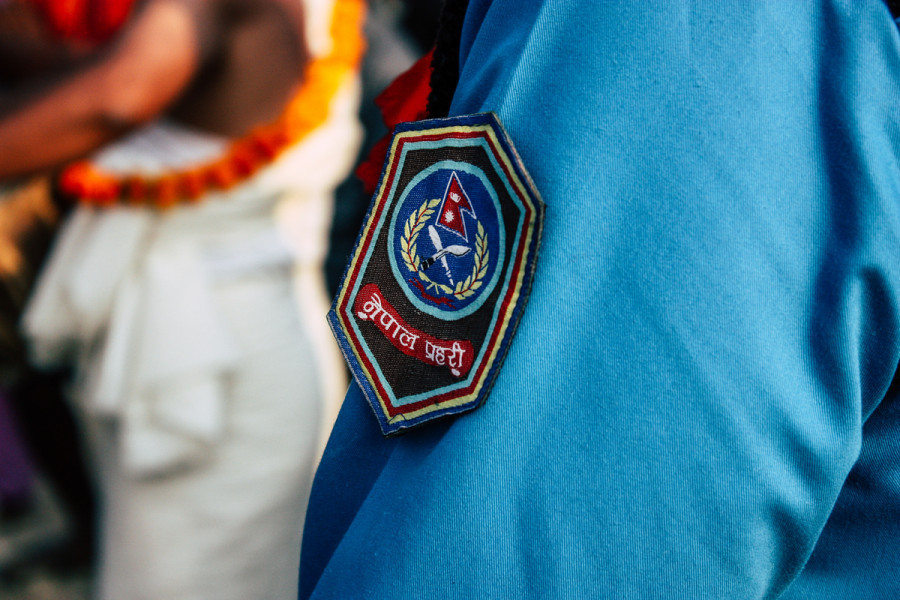Editorial
Don’t police provinces
The protracted police personnel adjustment saga is an outcome of the old reluctance to empower provinces.
Nepal is nominally a federal country being ruled by political leaders and bureaucrats who are still wedded to their old unitary habits. The centre tightly controls and shapes the political structures of provinces. When there is a political ruction in Kathmandu, its tremors shake all seven provinces. This would not have been the case had the provinces been allowed to operate with a high level of autonomy as envisioned by the new constitution. Right now, the provinces cannot even undertake the basic duty of maintenance of law and order. Schedule 6 of the constitution outlines 21 exclusive authorities of the provincial governments, with maintenance of law and order being at the top of the list. Yet the provinces are yet to get their own police forces, which is in contravention of Article 268 (2) of the national charter. The legislation for the adjustment of the Nepal Police personnel was passed way back in 2019. But the actual process has never gotten underway. The reluctant federalists at the centre—including the top leaders of most political parties—are to be blamed for this. Yet they are not alone in being hesitant on the much-needed change.
There is disquiet even among police personnel about the new legislation. The Police Personnel Adjustment Act, for instance, authorises the federal government to assign a deputy inspector general of Nepal Police to serve as province police chief. Such officers can be transferred to other provinces or departments of Nepal Police. But in the case of other lower-ranking officers deputed to the provinces, they can then be transferred only within the police units of the respective province. The police force—already rocked by a drastic decline in the interest of youngsters to fill its vacancies—worries that permanently posting certain officials to certain provinces will jeopardise their career prospects. As such, the interest in joining the force would further wane. The police headquarters has intimated to national leaders and lawmakers that there should be more incentives to lure capable personnel into provinces. If that is what it takes to meet one of the core objectives of the federal system, what is stopping the federal government and the national legislature, both of which are constitutionally bound to implement federalism, from pushing for such a change?
The representatives of provincial governments are fed up with the lack of the centre’s interest and are again threatening to hit the streets. The internal affairs ministers of all seven provinces plan to meet Prime Minister Pushpa Kamal Dahal to build pressure. This protracted saga of police adjustment is just one reminder of how hard it is to implement federalism so long as the country’s political leadership remains reluctant to empower the provinces and local bodies. Had there been any willingness to do so, the nitty-gritty of the relevant legislation could have been worked out. Most police personnel are not refusing to be posted in provinces. They are only asking for the right incentives. In order to make the federal system work, ways must be found to bridge the troubling mismatch between the expectations of employees of vital institutions and the incentives on offer.




 14.12°C Kathmandu
14.12°C Kathmandu














